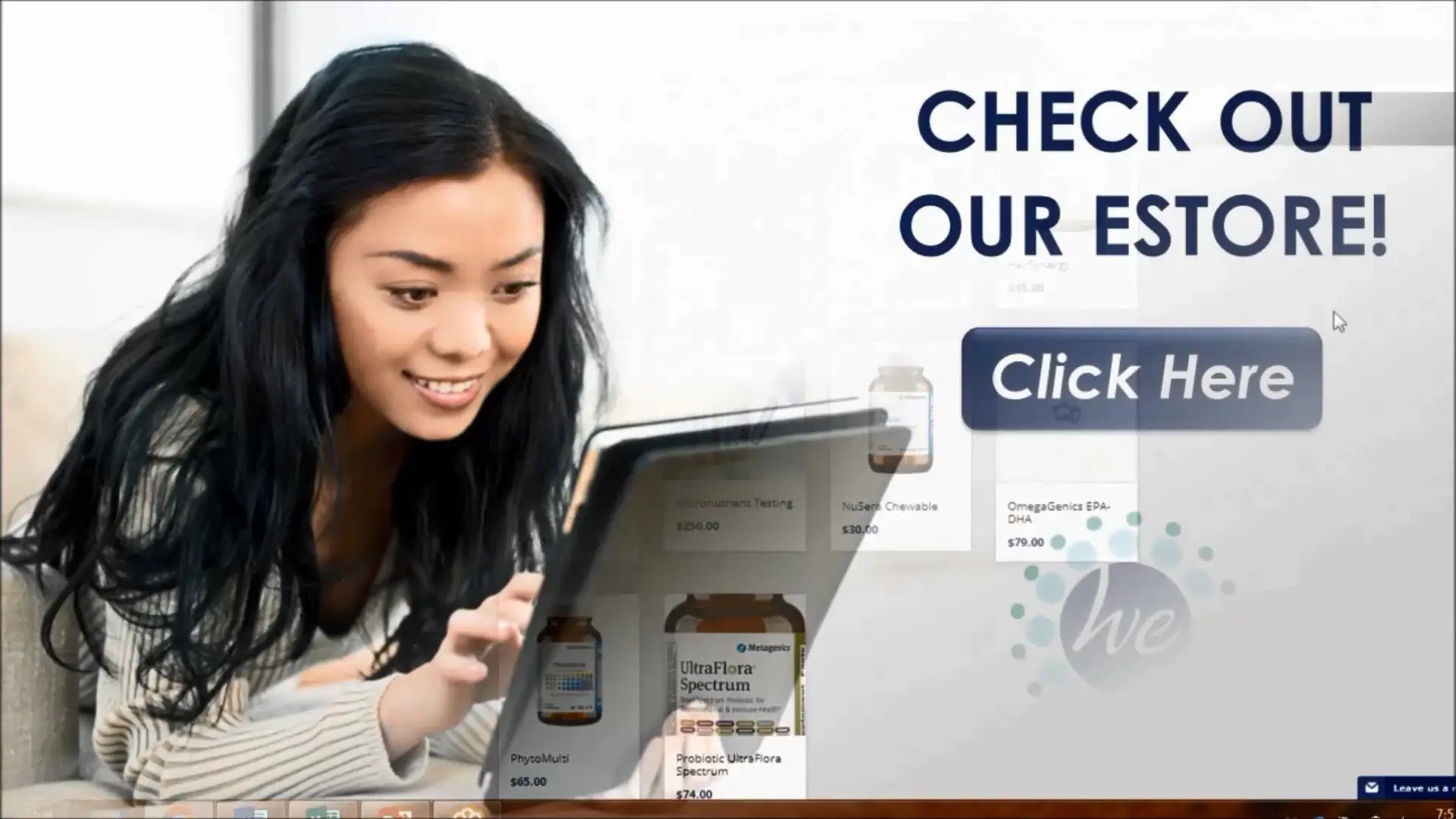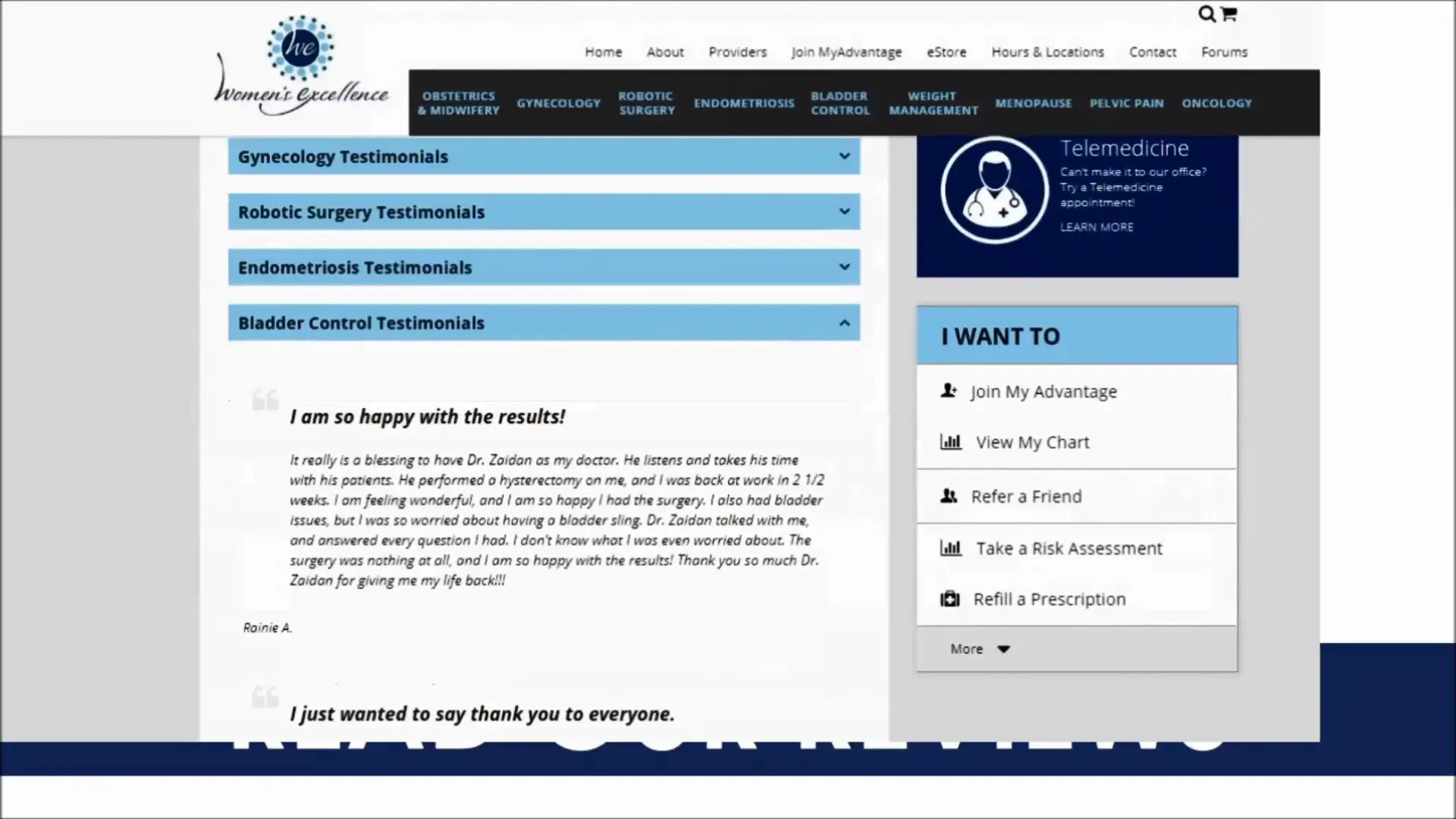The newborn screening test is a blood test that checks your baby for certain harmful or possibly fatal disorders that are not obvious by looking at baby. These include potential problems that may be present in baby’s hormones, a blood disorder, or metabolic disorders. Metabolic disorders are harmful to your baby because they impede the ability of the body to utilize nutrients that produce energy and keep tissues of the body healthy. If left undiagnosed, these problems have the potential to cause severe problems that interfere with baby’s physical or mental development, or even cause death.
Often parents are unknown carriers of diseases that are passed on and detected through a newborn screen, thus unknowingly passing the disorder on to their children. Newborn screens are typically done after baby is 24 hours of age and prior to discharge home from the hospital.
The reason screening is done at 24 hours of age is because the sooner interventions are made with treatment for those screening positive, the better the outcome is. The screen cannot be done prior to 24 hours of age because it is too early to detect what is being screened. The goal of the newborn screen is for early diagnosis and intervention. Early intervention has the ability to make a significant difference between baby’s healthy development or a life of impairment.
All hospitals and providers are required by law to offer this test for every baby born in the United States. Most states currently have mandatory screening.
HOW THE NEWBORN SCREEN IS DONE:
The newborn screen is done by taking a blood sample from baby’s heel. These tests only require a few drops of blood.
It is optimal to screen when baby is at least 24 hours old. If screening is done too soon, there may some results that are unidentifiable. The American Academy of Pediatrics recommends if baby is screened prior to 24 hours of age, to have baby re-screened at one to two weeks of age.
WILL I KNOW WHAT MY BABY’S RESULTS WERE?
This depends on what lab your baby’s screen is resulted at. You may ask your pediatrician or the hospital where baby’s birth occurred for a copy of the results. If the newborn screen resulted positive, the state health department would contact you and your pediatrician.
If any of the screen results are abnormal, it may take up to 2 to 3 weeks for you to be notified. Your baby’s pediatrician will be notified as well.
WHAT HAPPENS IF WE HAVE AN ABNORMAL SCREEN?
Remember, this is a screen for abnormalities. It does not diagnose a problem. Further testing will be done if any component of the screen is abnormal. The diagnostic test is to evaluate if the problem detected is one that requires early intervention.
Referral to a specialist is imperative with positive confirmation of a disorder to ensure further intervention, evaluation, and treatment.
Most of the disorders tested within the newborn screen are most often diseases that can be treated with simple dietary changes or medication to prevent severe physical or mental complications.
It should be explained that the newborn screen only looks for components of the diseases it is screening for. So, a normal newborn screen result do not equate to a complete absence of health problems for your baby. It only means that there were no indicators noted for what the newborn screen was screening for.
It is very uncommon for the newborn screen to be wrong, but it is not impossible.
Therefore, if you are concerned in any way, or at any time that your baby’s health is in question, be sure to talk to your baby’s pediatrician.
THE NEWBORN HEARING TEST:
A mandatory newborn hearing test is also done prior to baby leaving the hospital.
A majority of states require a newborn hearing test prior to your baby going home. If your baby does not have a hearing test done prior to being discharged, request that your baby’s hearing be tested prior to one month of age.
If the newborn hearing test is not passed, your baby will be referred to have a full hearing exam by 3 months of age.
The hearing test does not hurt your baby. The test is very simple and non-invasive. Little round, soft, sticker-like monitors are placed on your baby that are sensitive to responses a baby has to sounds.
During the first year of life, children develop very critical skills to help their speech and language development, and early treatment and diagnosis of hearing problems can help avoid any interference with that development. Therefore, be cognizant of having your baby’s hearing tested by three months of age if no hearing test was done prior to discharge from the hospital.
It’s important for their health and well-being. If you have further questions about the newborn screening test set, be sure to discuss them with your baby’s pediatrician or the midwives at Women’s Excellence in Midwifery.







